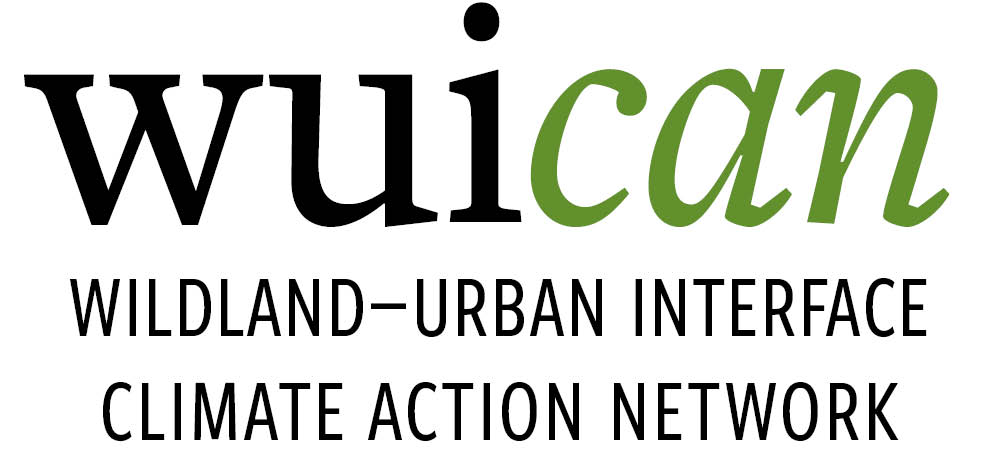
Jennellee Samkhem
April 22, 2025
As climate change worsens, Indigenous communities face unique challenges to protect their ancestral lands. “Many natural landmarks or wonders aren’t really accessible anymore,” explains Gabriella Lassos from Sacred Places Institute for Indigenous Peoples (SPI). As an Indigenous person, Lassos recalls how her community utilizes coastal areas for cultural gathering and ceremony–practices increasingly challenged with sea levels on the rise. “The sand being washed away makes it really hard for folks to even just gather out on the beach,” she notes. Environmental shifts such as these greatly impact Indigenous communities and their traditions. However, Lassos is motivated by the courage of her community and hope for the future: “I want to protect the different ways that everybody in my life and those around me can use and be a part of the natural world.”

As SPI’s Research and Policy Program Director, Lassos advocates for Indigenous voices on college campuses, in hearings and at conferences. The role has given her the opportunity to take part in discussions about land policies, advocate for the preservation of Indigenous culture and address environmental concerns.
Through initiatives such as the Ocean Protectors Program and Indigenous Waters Program, SPI encourages “speaking up for the rights of rivers, the rights of land,” promoting movements like land back and water back. The institute provides a space and supportive community for the exchange of ideas, hosting conversations that “differ from the standard environmental justice issues.” Examples include the impacts of light pollution and electricity consumption overshadowing the stars in the sky. “They are really impactful,” says Lassos, speaking of SPI’s open seminar-like discussions.
Lassos is excited about SPI’s work as part of WUICAN (Wildland-Urban Interface Climate Action Network) and how the network fosters the exchange of knowledge and support for climate action. Through the initiative, SPI has collaborated with WUICAN partners such as Irvine Ranch Conservancy and Laguna Canyon Foundation on efforts related to policy and education, offering Indigenous knowledge and perspectives on conservation issues.
Additionally, SPI is working with UC Irvine’s Research Justice Shop (RJS) to study the San Joaquin Marsh and its relationship to Indigenous peoples. With the assistance of Jasmine Delgado through the WUICAN Climate Communications Internship program, SPI and RJS are conducting archival and policy-based research to learn about Indigenous accessibility policies implemented on the marsh and how to utilize the marsh as a space. The goal, according to Lassos, is to design a curriculum that teaches undergraduates and staff “how to properly approach Indigenous folks in the space of doing research as a form of respecting Indigenous lands and cultures.”

As a member of the Indigenous community, Lassos has seen a lack of mutual understanding within political environments, which she addresses with a gentle yet critical edge. Her research into the impacts of climate change on Native communities and her work hosting open conversations that amplify Indigenous voices creates an important exchange of ideas–an exchange much needed in policy and environmental activist spaces throughout Southern California.
“Being a part of climate action is essentially caretaking,” notes Lassos, reminding herself that this includes taking care of oneself, and “by extension, the land and the whole community of Indigenous folks who live on, tend to and steward the land.”
Jennellee Samkehm is a senior Comparative Literature major at the University of California, Irvine. She is a 2024-2025 WUICAN Climate Communications Fellow where she works with the UC Humanities Research Institute (UCHRI).
WUICAN acknowledges our presence on the ancestral and unceded territory of the Acjachemen and Tongva Peoples, who still hold strong cultural, spiritual and physical ties to this region.
Contact:
Research Justice Shop
researchjustice@uci.edu
Join the WUICAN mailing list


Follow us